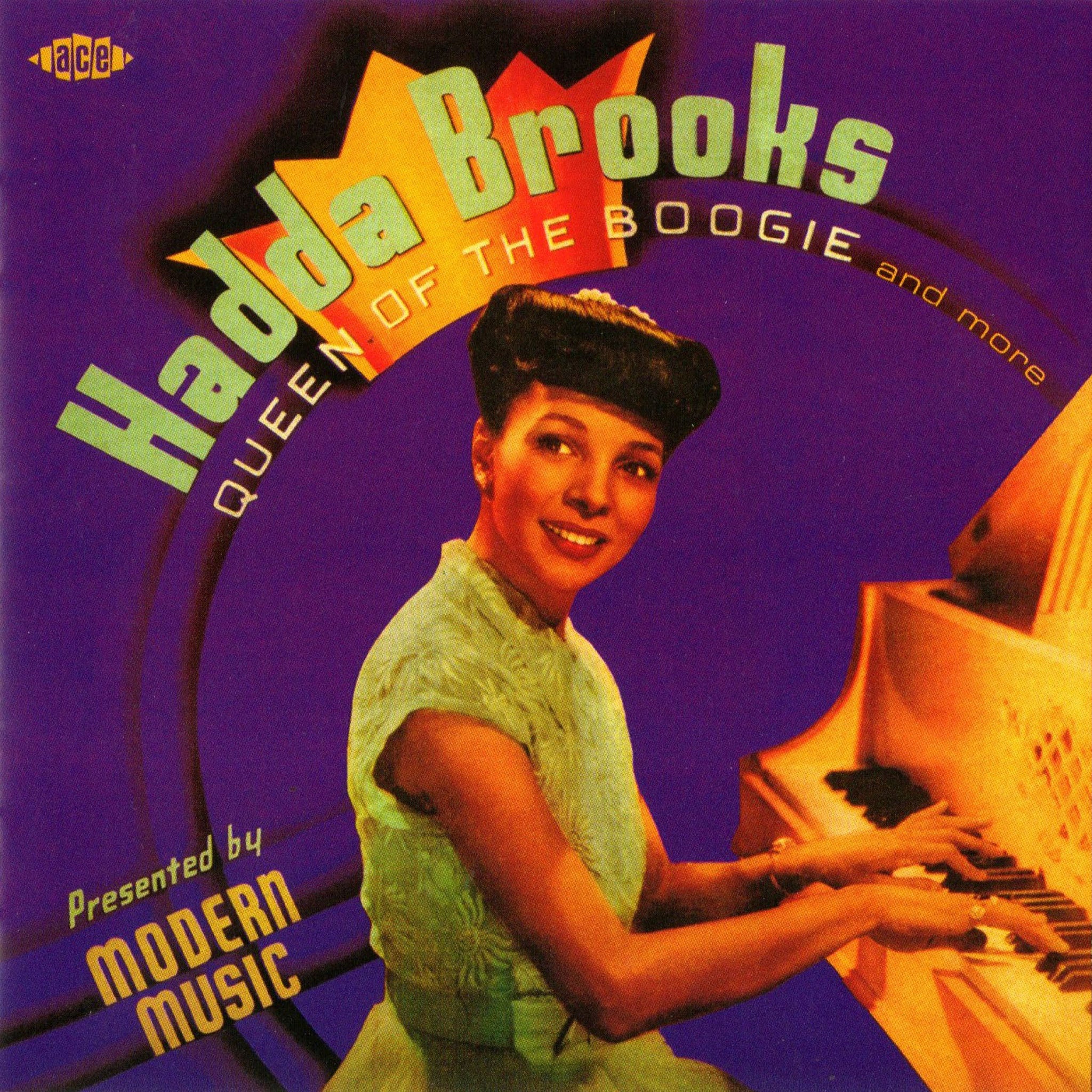Hadda Brooks: Queen of the Boogie and More, album review
Release showcases Brooks’s keyboard rather than vocal talents

Your support helps us to tell the story
From reproductive rights to climate change to Big Tech, The Independent is on the ground when the story is developing. Whether it's investigating the financials of Elon Musk's pro-Trump PAC or producing our latest documentary, 'The A Word', which shines a light on the American women fighting for reproductive rights, we know how important it is to parse out the facts from the messaging.
At such a critical moment in US history, we need reporters on the ground. Your donation allows us to keep sending journalists to speak to both sides of the story.
The Independent is trusted by Americans across the entire political spectrum. And unlike many other quality news outlets, we choose not to lock Americans out of our reporting and analysis with paywalls. We believe quality journalism should be available to everyone, paid for by those who can afford it.
Your support makes all the difference.In the small hours you may, if you're lucky, catch on a satellite channel the 1950 film noir In A Lonely Place. It's a good film, not only because of the casting of Humphrey Bogart and Gloria Grahame, but also because of the appearance of the vocalist and pianist Hadda Brooks as sultry nightclub singer.
The classically trained Brooks recorded for a number of labels in the late Forties and early Fifties but made her name with the torch songs and surprisingly ferocious piano boogies she recorded for the newly created Modern label in Los Angeles.
It helped, of course, that she was the squeeze of the label's co-founder, Jules Bihari, who lost no time in promoting the talented and highly photogenic performer.
This CD is based on the first-ever album the company released in 1948, when an album was just that. A collection of brittle shellac 78s in a bound, cardboard case.
With the addition of 18 additional tracks, the CD showcases Brooks’s keyboard rather than vocal talents. And here’s the anomaly. The triumvirate of great male boogie players – Meade Lux Lewis, Albert Ammons and Pete Johnson - were big, solid men, built like the proverbial barn door, who had the power and strength to pound out the regular bass figures with, as the saying went, “a left hand like God”.
Yet here is the petite and slight Brooks knocking out a driving and powerful bass figure on “Juke Box Boogie” or “Bully Wully Boogie” (which includes a nice jive vocal) as if she possesses a cast-iron arm.
Many of the tracks here were recorded on test discs or “acetates” that were later discarded or forgotten without even being given a title. But that doesn’t detract from their quality. Tracks named here by the reissue company as “743 Blues” and “134 Blues” prove that Brooks was a fluid and more than capable performer.
What were issued, were the boogies that she based on classical themes, such as “Schubert’s Serenade in Boogie”, “Greig’s Concerto Boogie in A Minor” and “Humoresque Boogie”. Although derided by blues purists, after the space of 65 years or so they have a charm – plus of course a thunderous left hand – that makes them well worth hearing.
Brooks may have been forgotten after the heyday of bogie woogie but to everyone’s delight she re-emerged in the 1980s and resurrected her touring and recording career with a stream of new and quality releases. She died in 2002 at the age of 86 but left behind a legacy of work that, thanks to reissues such as this, is still being explored and enjoyed.
Join our commenting forum
Join thought-provoking conversations, follow other Independent readers and see their replies
Comments